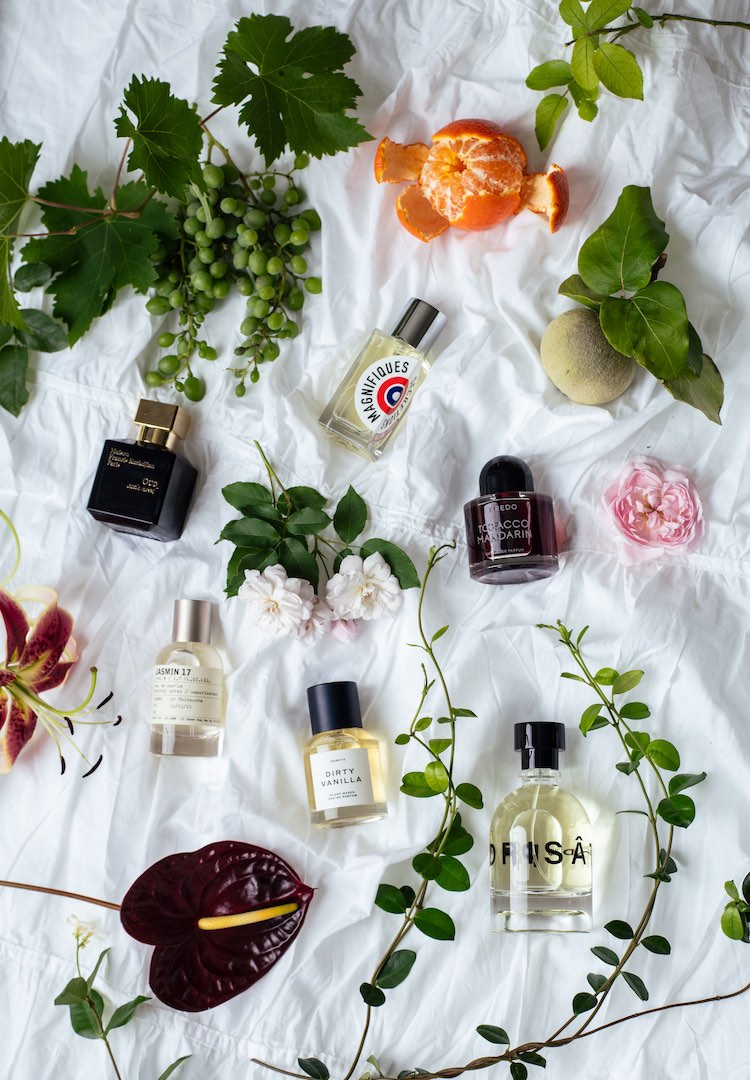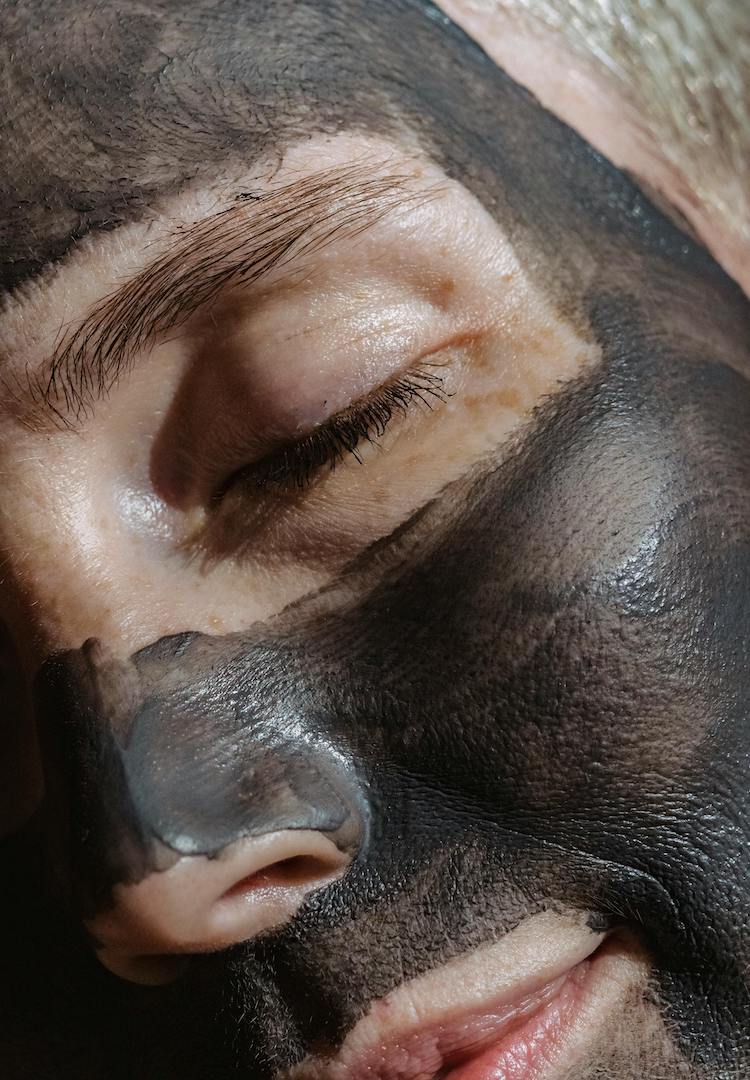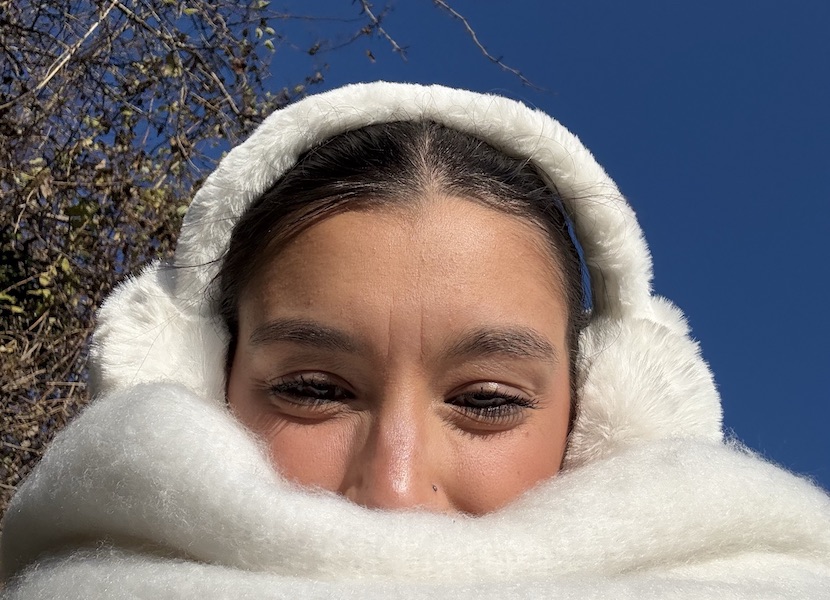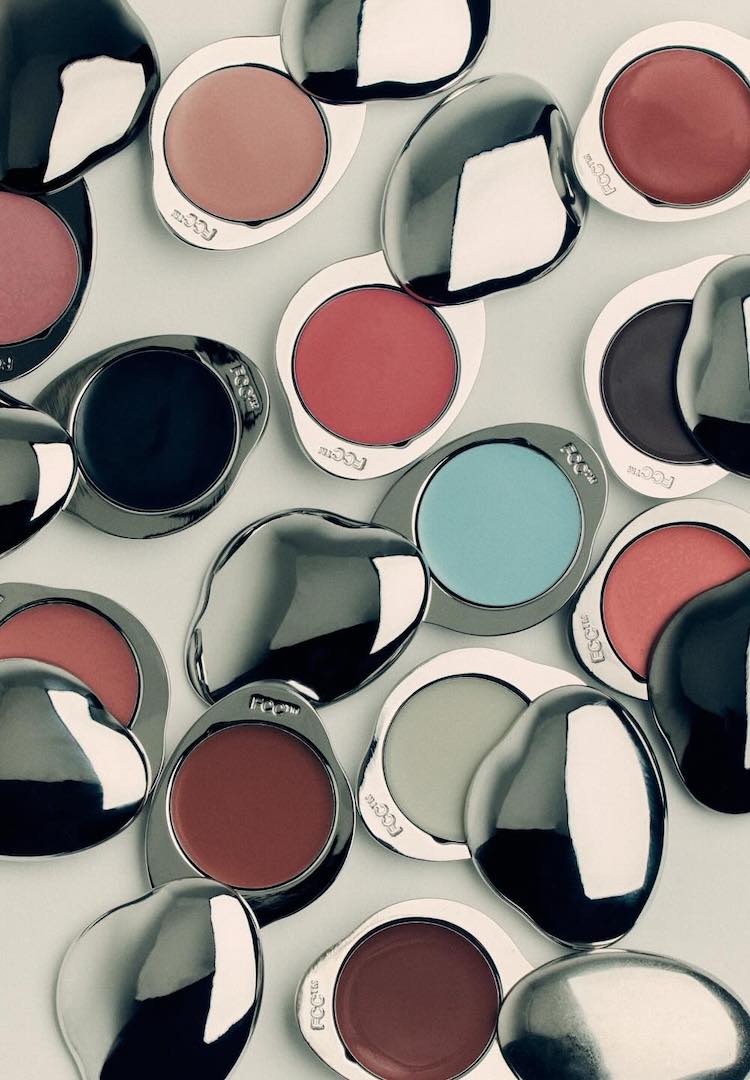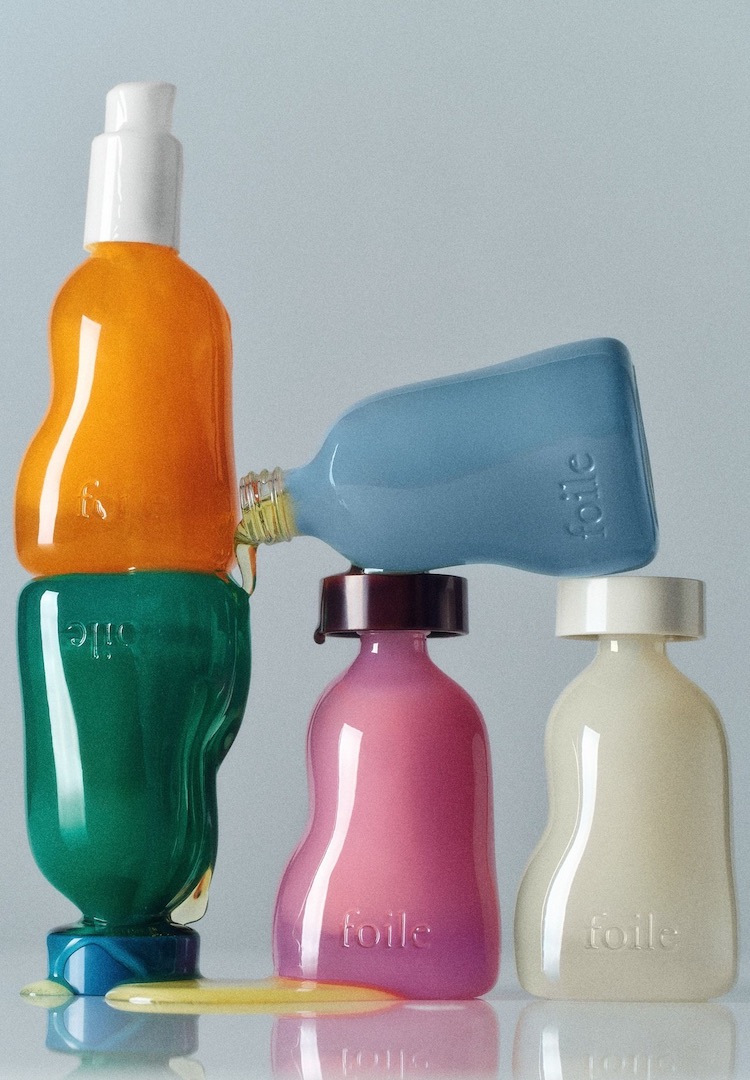Is winter drying your skin out? A dermatologist shares their top tips
WORDS BY JULIA PRESENZA
“It gets confusing when products say they’re suitable for all skin types because dry, combination and oily skin each have different needs.”
It seems that dewy, super-hydrated skin is what everyone’s after at the moment. The internet is full of videos and articles on how to achieve ‘glass skin’ and which products to use. But if your skin tends to be on the drier side, accomplishing a dewy visage takes a little more work.
With an overwhelming amount of skincare products available nowadays (and many claiming to be the ultimate hydrating product), it’s difficult to know which products are actually going to help prevent dry skin. It also gets confusing when products say they’re suitable for all skin types because dry, combination and oily skin each have different needs.
We like nosy people. Don’t be shy, head to our Beauty section for more.
Oily skin often looks shiny and is more prone to acne and congestion, while dry skin can be rough and flaky and requires more hydration. Combination skin, on the other hand, is dry in places but also oily in areas like the T-zone. During my conversation with dermatologist Dr Li-Chuen Wong, I learnt more about the products to use (and those to avoid) and the factors beyond skincare that can cause dry skin. Here’s what she had to say.
What are the common signs of dry skin?
According to Dr Li-Chuen, the primary indicator of dry skin is flaking. Dry skin often feels tight and uncomfortable, resulting in a dull complexion. Additionally, your makeup may appear patchy and cling to these dry areas.
What are the causes of dry skin?
Dry skin occurs when the skin loses water too quickly and becomes dehydrated. “Some people are born with dry skin, and it’s genetically inherited. Others not only have the genetic predisposition to having dry skin but it can also be linked to skin conditions such as eczema,” Dr Li-Chuen tells me. But lifestyle and environmental factors like low humidity conditions, winter, using heaters and having long hot showers can worsen your skin’s dryness.
What products and ingredients are good for dry skin?
It might come as no surprise, but an essential product Dr Li-Chuen suggests people with dry skin should be using is moisturiser. “During colder months, use thick emollients (treatments that hydrate and soothe the skin) like ointments to keep the skin super moisturised. And in humid climates, lighter lotions are more suitable,” she says.
She advises looking for products that have ceramides, hyaluronic acid or glycerin included in the ingredients, as they will help lock moisture into the skin’s surface. Having a product with at least one of these ingredients will be beneficial, and any more than that is a bonus.
How else can you prevent dry skin?
Dr Li-Chuen suggests you “Avoid heaters and overheating your home in winter and consider using a humidifier”, so it’s probably a good idea to retrieve your old jumpers and start layering up indoors.
What should you steer clear of if you have dry skin?
She advises avoiding perfumed and fragranced moisturisers, as these products can irritate the skin. Instead, opt for fragrance-free and soap-free washes and moisturisers. “Cosmeceuticals such as vitamin A, niacinamide and vitamin C should be used with caution as dry skin often is sensitive and using too many cosmeceuticals at once can be irritating,” she explains.
Instead, try introducing these ingredients gradually and monitor how your skin responds. Start with one product containing a cosmeceutical ingredient, and if it’s well-tolerated you can gradually incorporate additional products over time. This approach allows your skin to adjust and minimises the risk of overwhelming it with multiple active ingredients all at once.
This story was originally published on June 6, 2024.
For more on skincare products for dry skin, try this.

